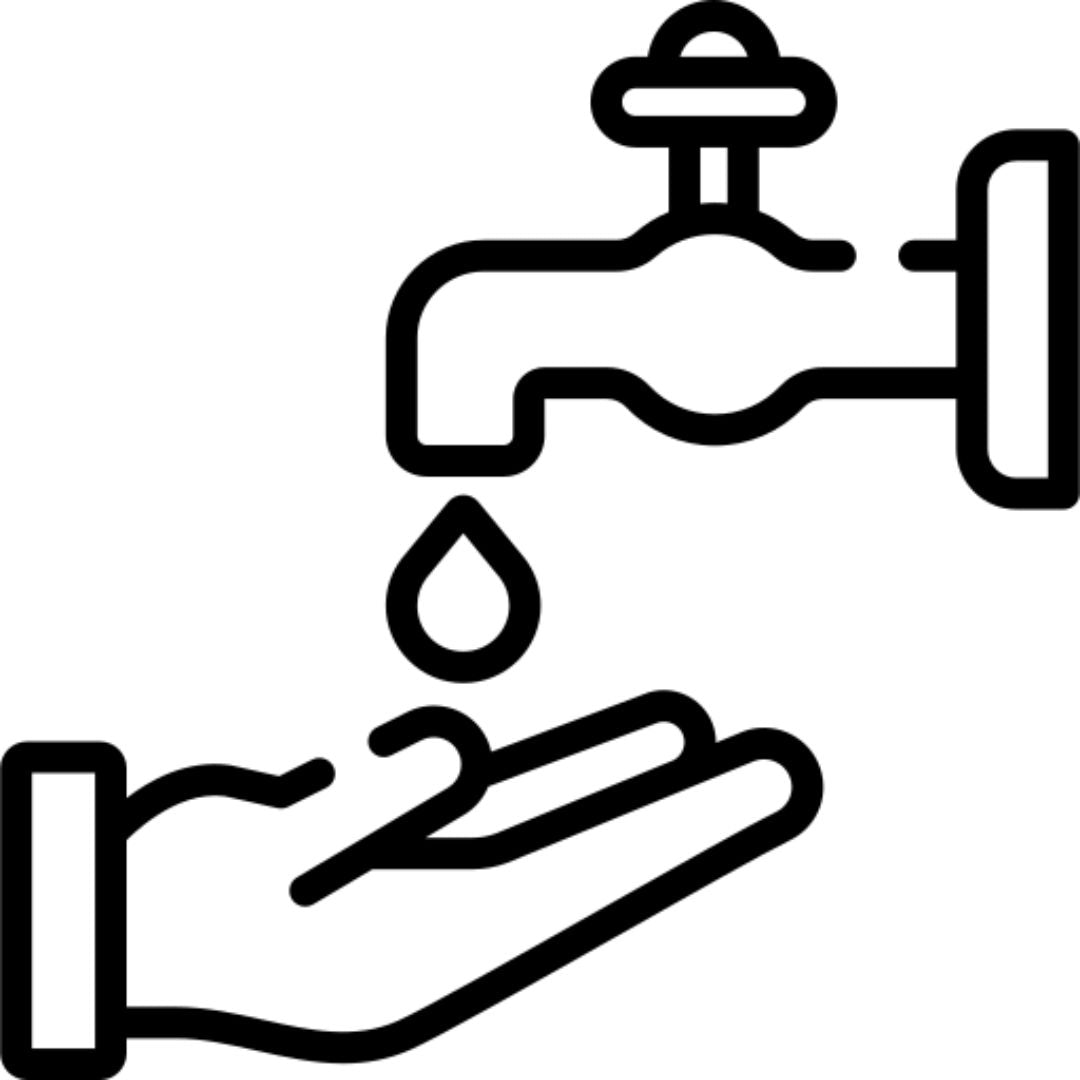Is Wudu Valid When Wearing Halal Makeup?
Halal cosmetics have become a significant trend and greatly influence the purchasing decisions of Muslims regarding makeup. This trend is closely linked to the growth of the halal market, which is increasingly popular in Asia, the Middle East, Europe, and America.
With the availability of halal cosmetics, many brands are registering their products with authorized agencies that issue halal certifications, such as the Halal Product Assurance Agency (BPJPH).
Halal makeup is now easy to find and verify for its halal status. You can check if the makeup packaging includes a halal label or verify the product on the official website of the authorized halal certification agency.
However, just because a cosmetic or makeup product is confirmed to be halal does not mean that one can skip the removal of makeup before performing wudu. Halal makeup does not necessarily allow water to flow through the skin.
Therefore, it is essential to understand the concept of halal makeup thoroughly. Halal makeup refers to products made from permissible and pure ingredients that do not pose harm. Meanwhile, the validity of wudu is unrelated to the halal status of the makeup used.
The validity of wudu is determined by fulfilling its essential conditions and requirements. One of the conditions for valid wudu, as stated by Sheikh Syihabuddin ar-Ramli, is:
“The absence of any physical barrier preventing pure water from reaching the skin of the washed body parts, such as solid fats and wax, because the flow of water over the washed parts is a prerequisite for valid purification.”
This means, “There should be nothing that obstructs pure water from reaching the skin of the body parts that must be washed, such as solid fats and wax, as the flow of water over these parts is essential for valid purification.” (Sheikh Syihabuddin al-Ramli, Fath al-Rahman on Zubad Ibn Ruslan, [Beirut: Dar el-Minhaj, First Edition, 2009], page 171).
Therefore, users of halal makeup, especially waterproof makeup that can block pores, must clean it off beforehand.
As for non-waterproof makeup, referencing the Profetika journal, Volume 2, Issue 2, page 224, thick applications of non-waterproof makeup should also be removed before performing wudu.
The presence of barriers on the skin due to waterproof makeup and thick applications of non-waterproof makeup must be eliminated prior to wudu, as they can obstruct water from reaching the skin. Al-Khathib asy-Syirbini in Mughnil Muhtaj states one of the conditions for valid wudu is:
“Absence of barriers, and the flowing of water over the body parts.”
In other words, “[One of the conditions for valid wudu is] the absence of barriers and the flowing of water over the body parts.” (Al-Khathib asy-Syirbini, Mughnil Muhtaj, Volume 1, page 166).
According to the findings of the Bahtsul Masail from the Darul Falah Pesantren in Semarang in 2018, regarding the validity of a prayer performed by someone who has wudu while still wearing waterproof makeup, the answers are specified as follows:
First, it is invalid if the waterproof content is more oil-based than water, as the oil acts as a barrier preventing water from reaching the skin, similar to solid fats (duhnun jamid). (Zainuddin al-Malibari, Fathul Mu’in, page 46, and An-Nawawi, al-Majmu’ on al-Muhadzdzab, Volume I, pages 467-468).
Second, it is valid if the type of waterproof makeup can dissolve in water and does not obstruct the flow of water to the skin. In this case, the makeup is classified as a liquid oil (duhnun jarin), which does not act as a barrier. The US Patent No. US5356627A regarding waterproof cosmetic compositions states that there are 21 types of waterproof cosmetics, some of which are water-soluble while others are not.
In conclusion, the use of halal makeup has no bearing on the validity of wudu. Users of makeup, particularly waterproof types, should check whether their products are water-soluble or not. For safety, it is advisable to cleanse the makeup beforehand to ensure that water can flow freely during wudu.
From the book of ;
Ustadz Amien Nurhakim, Musyrif of Darus-Sunnah Hadith Institute
Wudu permissible and Halal make up


